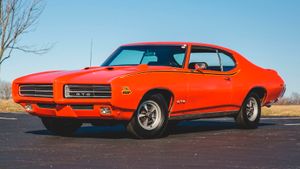You’ve probably heard plenty about them lately, so we’re here to help make sense of it all…
Despite what some people might think, electric motorcycles aren’t anything new. The first one emerged before the 20th Century and others followed, although those early models faded away over time until about a century later. However, in recent years electric motorcycles and conversion kits for vintage bikes have become increasingly common. They’re also getting considerable time in the press. If you’re like a lot of riders, you might be wondering what all the fuss is about. After all, your gas motorcycle works just fine, right? Well, we’re here to help make sense, sorting the breathless marketing spin, lies, and so on from the truth so you can make an informed decision.
Watch a father and son ride the Continental Divide in an epic adventure here.
Before we begin, you should know one of the challenges of making a list of the pros and cons of electric motorcycles is that the technology is evolving so quickly, the information will be outdated before too long. However, talking about what might be is risky, because you’re simply guessing, so the best we can do is deal with how electric motorcycles are now and maybe revisit this issue later to highlight what’s changed.
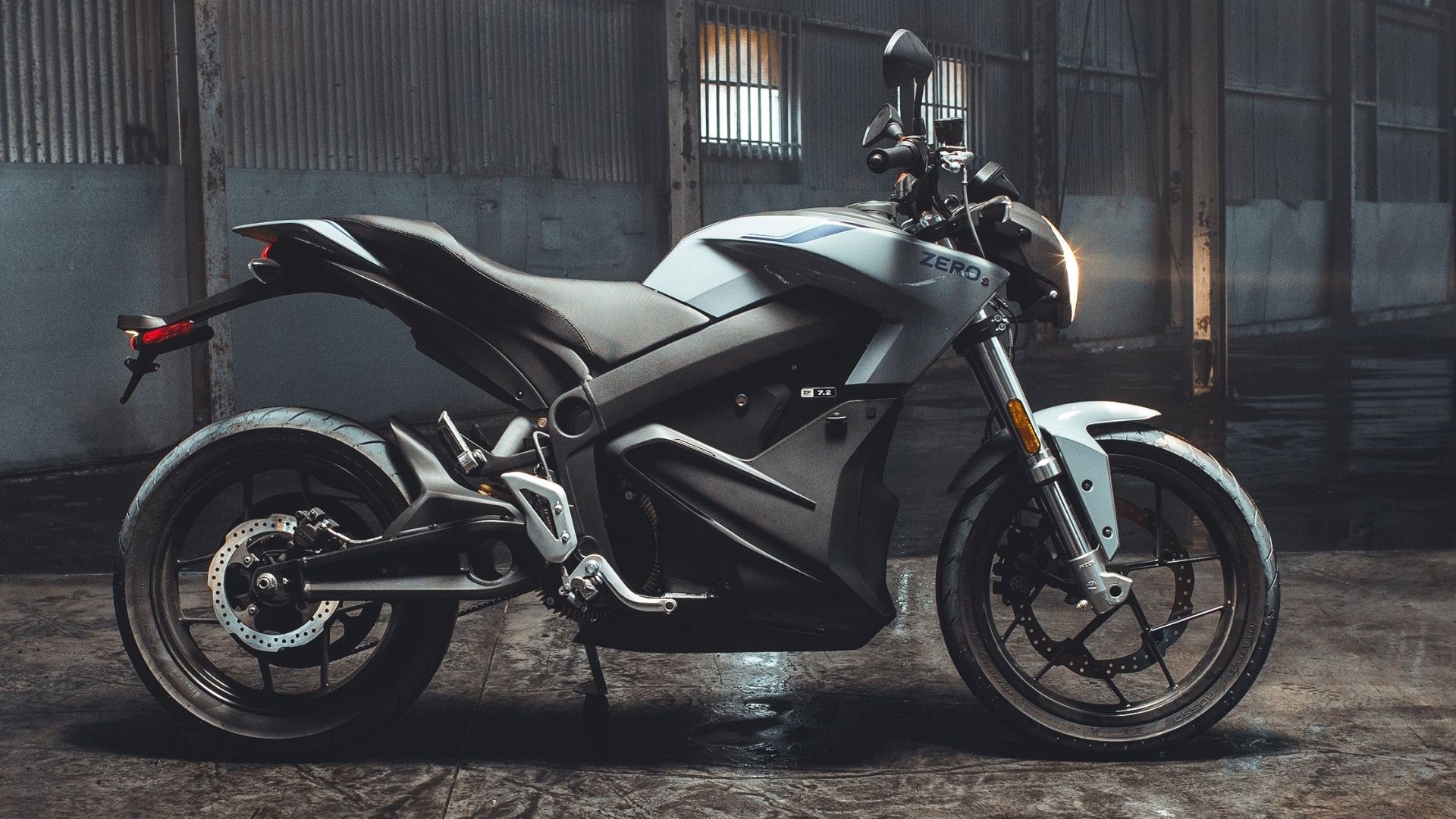
Perhaps the single biggest complaint you might hear about electric motorcycles is the charge time. Even if you can find a charger, it will take far longer to replenish the battery than filling a tank with gas. The sheer convenience of gas stations everywhere makes gas-powered bikes practical and compelling even today. When hitting the open road, this becomes even more of an issue.
Just like with electric cars, the choke point for electric motorcycles is battery technology. Actually, it was what originally stood in the way of electric bikes back in the late 19th Century, funny enough. Even though our batteries today are far superior to what we had over 100 years ago, they still don’t boast the same kind of energy density as gasoline (or diesel). That’s why even with some pretty heavy batteries in them, electric motorcycles can’t rival their internal combustion competitors when it comes to range. Yes, that could change and when it does that will be wonderful, but for now this is how things are.
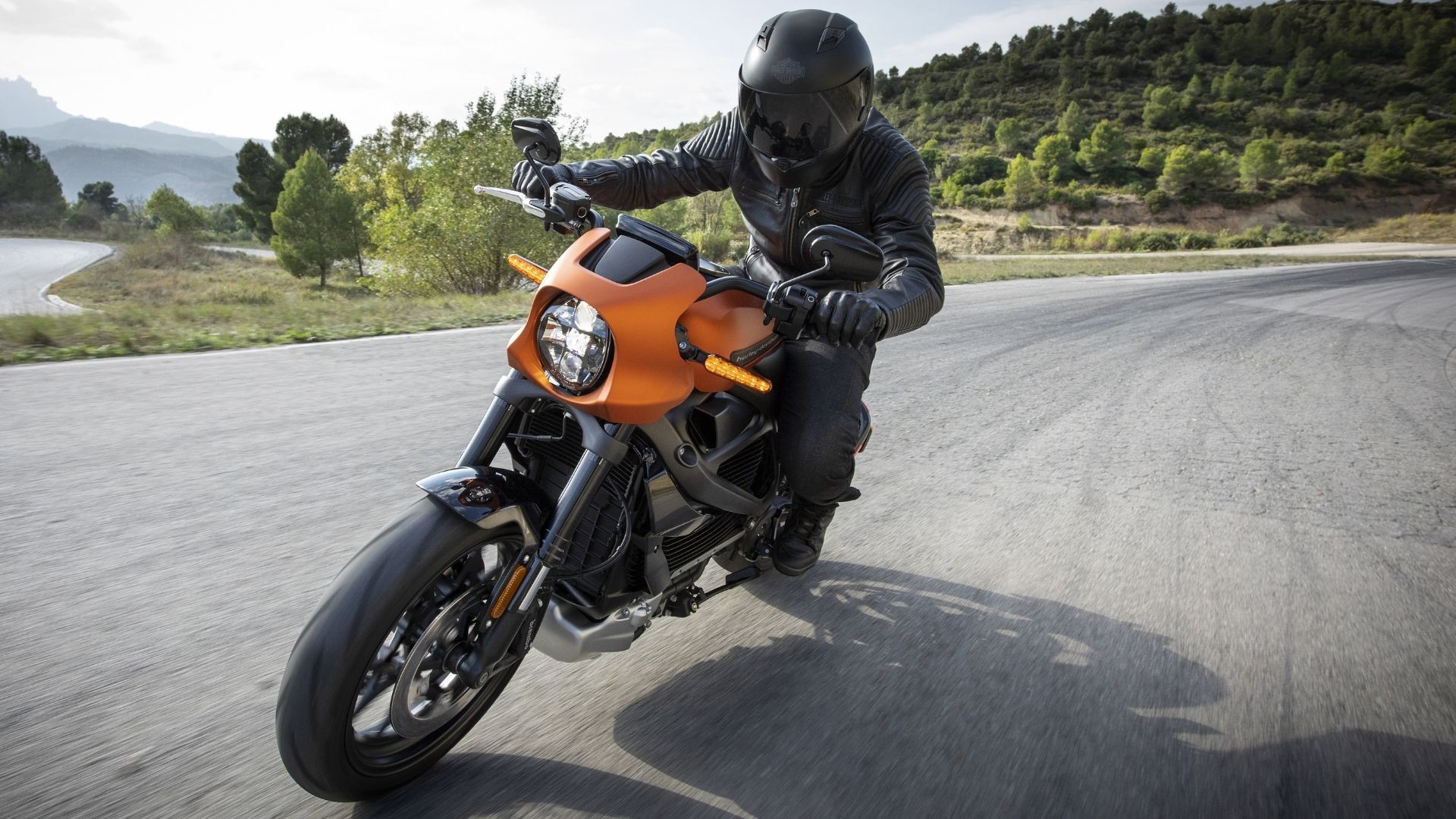
Electric vehicle proponents are constantly talking breathlessly about some miracle solid state battery design being developed by researchers at Stanford, MIT, Caltech, etc. that will revolutionize everything. Until such a battery comes to market, it’s all just talk.
A big drawback of electrified bikes is how range can drop drastically in cold weather. Of course, plenty of people store their motorcycle for the winter, preferring to ride on four wheels when snow and ice are on the road. If that’s you, then you don’t have to worry about this factor. However, if you like to commute on two wheels all year and you live somewhere winter temperatures dip near or below freezing, you should beware that the range of your ride will be diminished.
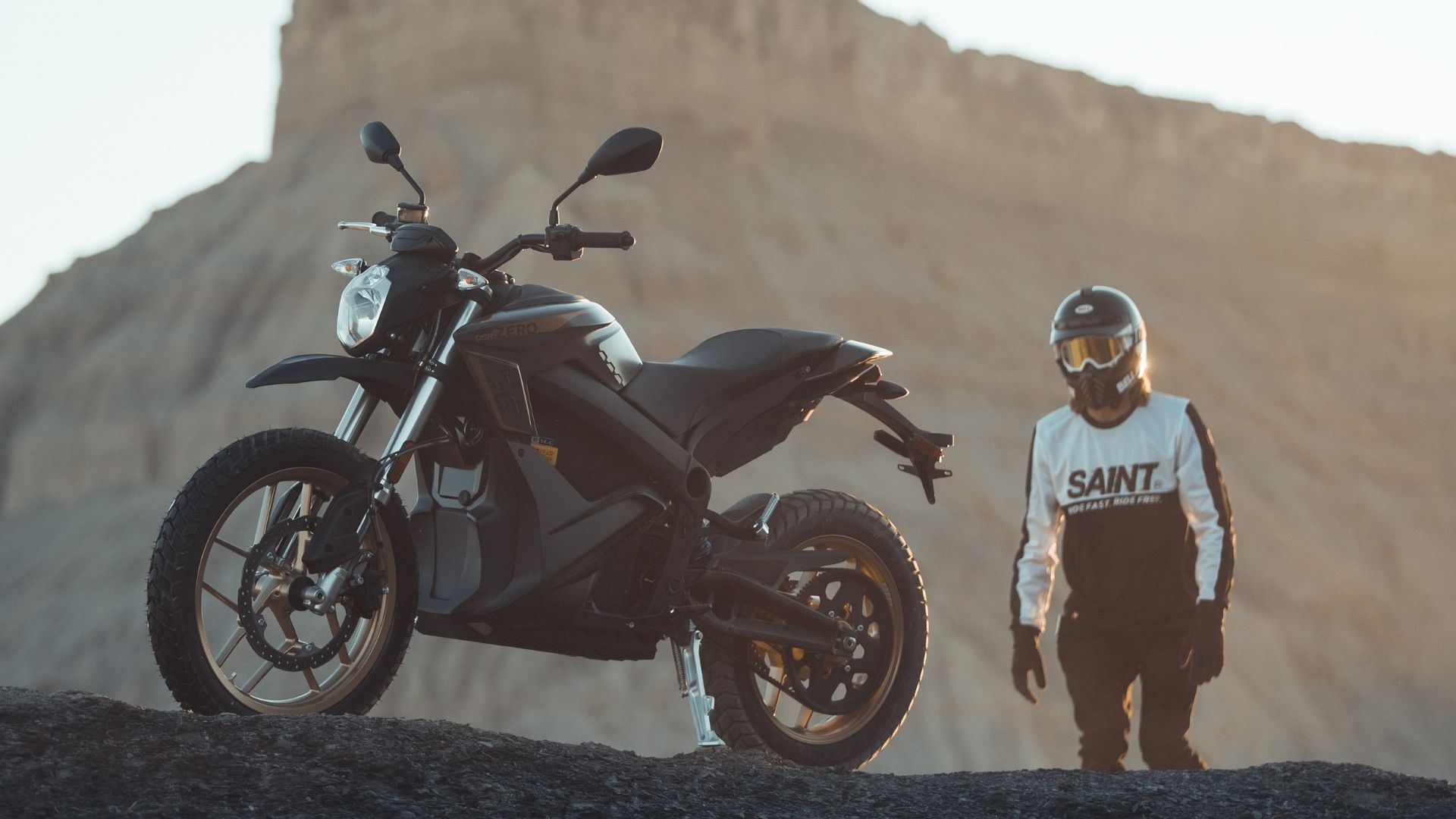
Some claim the performance capacity of motorcycle internal combustion engines has reached its limits without using forced induction across all models. This is an argument used by Yammie Noob in a video included with this article. And while he uses the specs of a Yamaha R1, comparing the 2010 and 2020 model years, which are essentially the same. This, he concludes, means gasoline engines for motorcycles can’t be pushed any farther. It’s an oversimplified argument made through cherry picking data, but he’s not entirely wrong. The same argument has also been used for the supposed death of car engines. Thanks to leaps and bounds in engineering and science, internal combustion engines continue to improve, despite the fact Yamaha hasn’t pushed the R1’s engine further in a 10-year period (that’s another topic for another time). In other words, don’t buy the hype that gas-powered motorcycle performance can’t be pushed further, because innovation will prove such broad-brush statements false.
A big win for electric motors is they’re more reliable. With fewer moving parts, there’s simply less to go wrong. Plus, you don’t have to change the oil. On the flip side, the batteries won’t last forever and they’re expensive, but maybe by then there will be those super fantastic solid state batteries everyone keeps talking about and you can take out a second mortgage to pay for some.
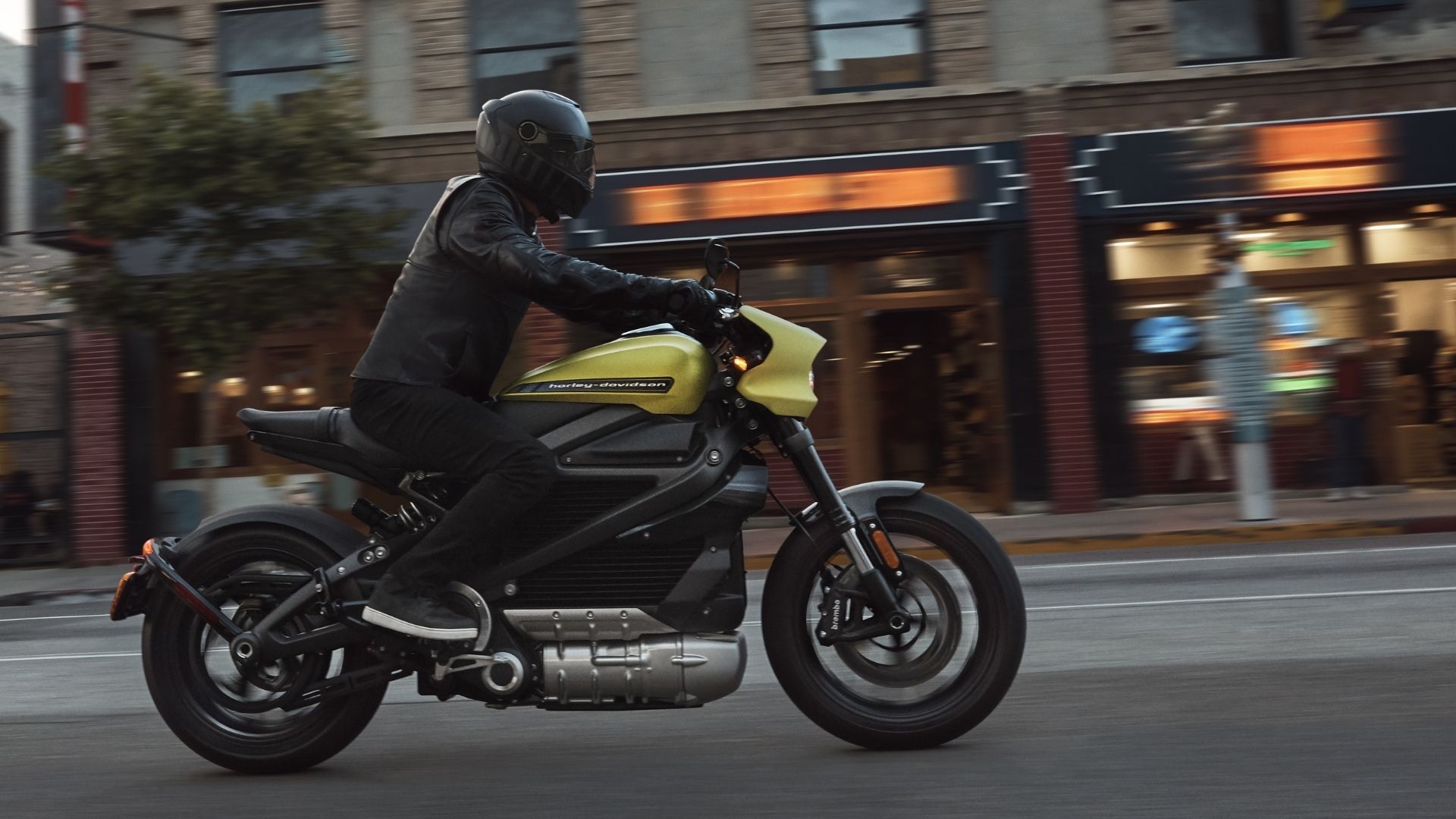
Electric motorcycles have some great performance to offer, some eclipsing what you’ll find with most gas-powered bikes. Sure, you might not be able to travel as far, but the distance you do go will be an absolute blast. Just remember, really going for it on an electric or gas-powered motorcycle will drop range dramatically.
Not only will you not be smelling fumes coming out of the tailpipe on an electric bike (there is no tailpipe, after all) you won’t have to deal with all the noise of an engine. That might sound attractive, although some people like the smell of exhaust gases, but remember this old adage: a loud motorcycle is a safe motorcycle. Some will argue that’s not the case, however motorists might notice you’re on the road simply because your bike is obnoxiously loud. With a whisper-quiet electric bike you might as well be invisible to some motorists.
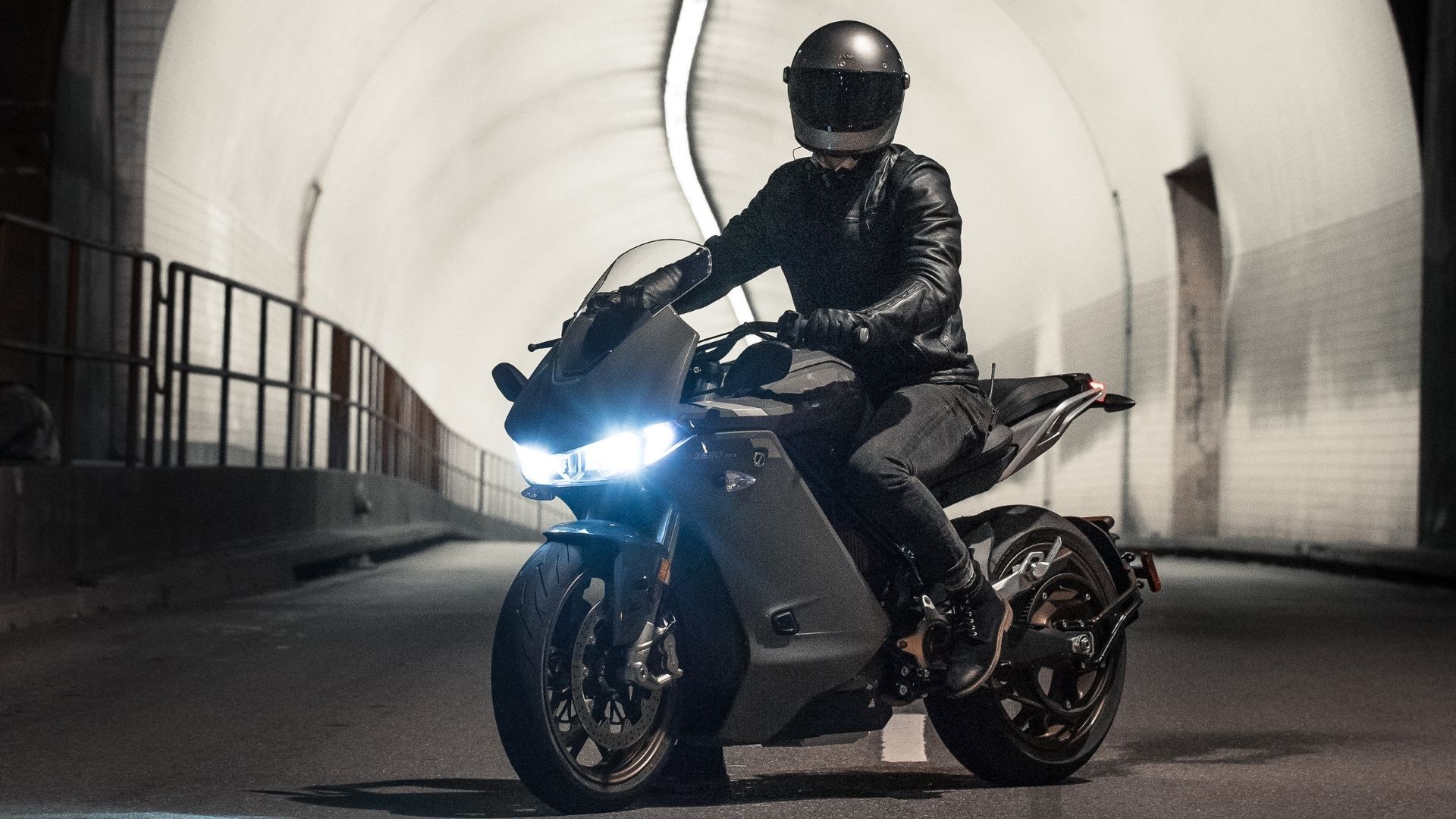
As for swapping your vintage motorcycle’s internal combustion engine for an electric motor, it’s a mixed bag. On the downside is the fact that if your bike is indeed all-original, installing anything that wasn’t on it from the factory most certainly drops its value on the market. At the very least, you should properly store the internal combustion powertrain, which can be reinstalled if you or a future owner so decides. On the upside, you’ll possibly enjoy greater reliability, improved performance, and a much quieter ride. Of course, this all depends on the motorcycle you own and the electric conversion kit you own. Just know the kits can be pricey, especially if you have a shop install it for you, which is probably a good idea if you don’t know what you’re doing.
There you have it: electric motorcycles aren’t the Boogie Man but they’re also not flawless. Everyone will need to decide for themselves which type of motorcycle is best for their needs and preferences, and that’s best done with all the information on the table. Since designs and technology keep changing, you’ll need to do your homework before making a purchase, something you should be doing anyway, which ultimately will help you make the best decision possible.





